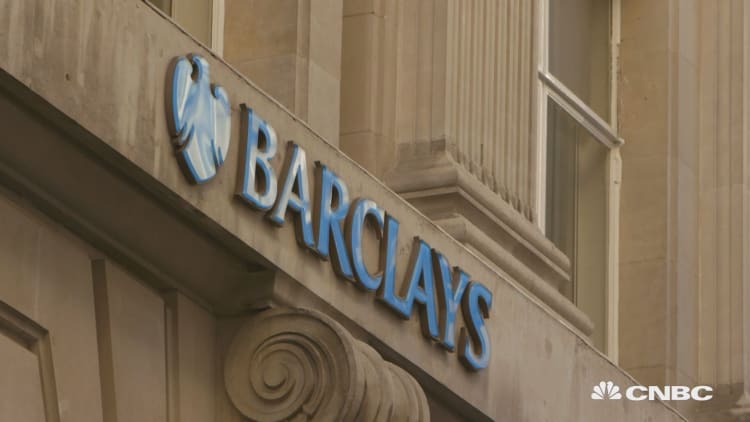The Bank of England is expected to keep rates unchanged when it meets Thursday as the British economy continues to prove more resilient than many expected.
Analysts do not foresee any changes to the current benchmark rate of 0.25 percent or any modifications to the bank's quantitative easing (QE) program. Governor Mark Carney was fast in expanding QE by an extra £70 billion ($87.73 billion) following the country's EU referendum which led to sharp fall in the pound.
"We expect no change in Bank of England (BoE) policy this week," Bank of America Merrill Lynch said in a note Wednesday.
"We also drop our forecast for a rate cut and QE extension in February. Resilient official growth makes stimulus harder to justify and QE seems politically unacceptable now," the bank added.
Societe Generale also said in a note that it doesn't expect changes to the U.K.'s monetary policy for now and Governor Carney should present "a very neutral message."

Data released in late November showed that the U.K. economy grew 0.5 percent in the third quarter of this year compared to the previous quarter, supported by stronger export growth and higher consumer spending. The figures were the country's first complete reading of economic activity after the June vote to leave the EU.
So far, the economy has proven more resilient despite the market volatility and the political uncertainty that the vote generated. However, there are widespread concerns that the economy will see a slowdown when the Brexit process begins next year and official forecasts suggest the country's to debt-to-GDP will balloon to above 90 percent in the coming years.
Sam Woods, deputy governor of the Bank of England, told the British parliament on Wednesday that a transitional deal "sooner rather than later" is the best option for financial stability, Reuters reported.
He added that both the EU and Britain should aim to keep close links with their respective financial services.
"I am not pessimistic. I am just making the point that an outcome that we were somehow cut off in the financial services arena in the ability to access that market in a thorough way, I think would be bad," Woods said, according to the news agency.



